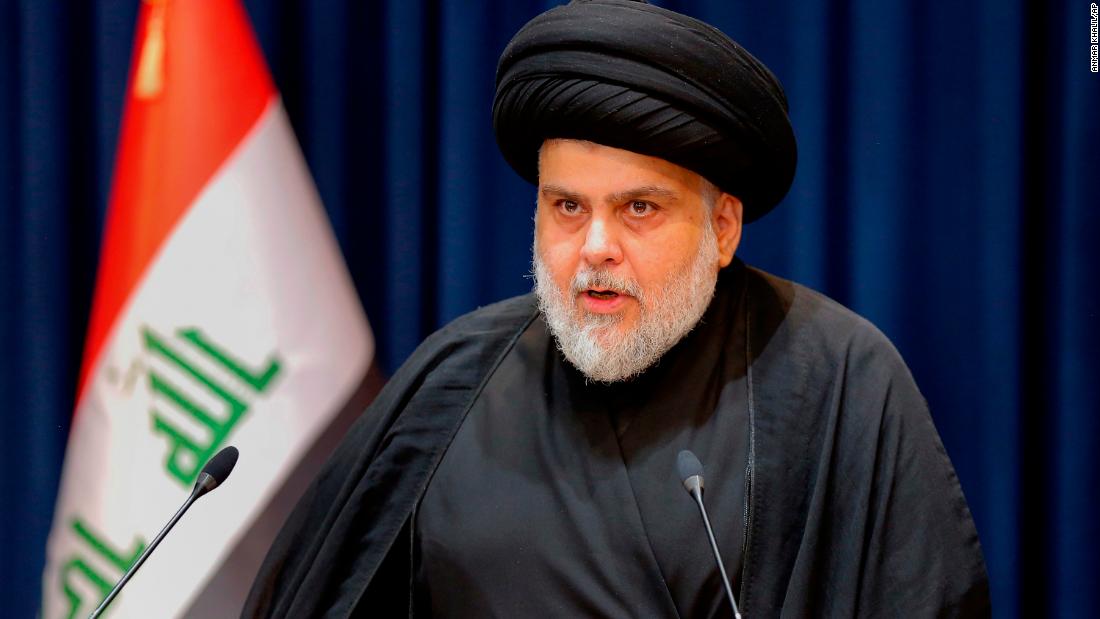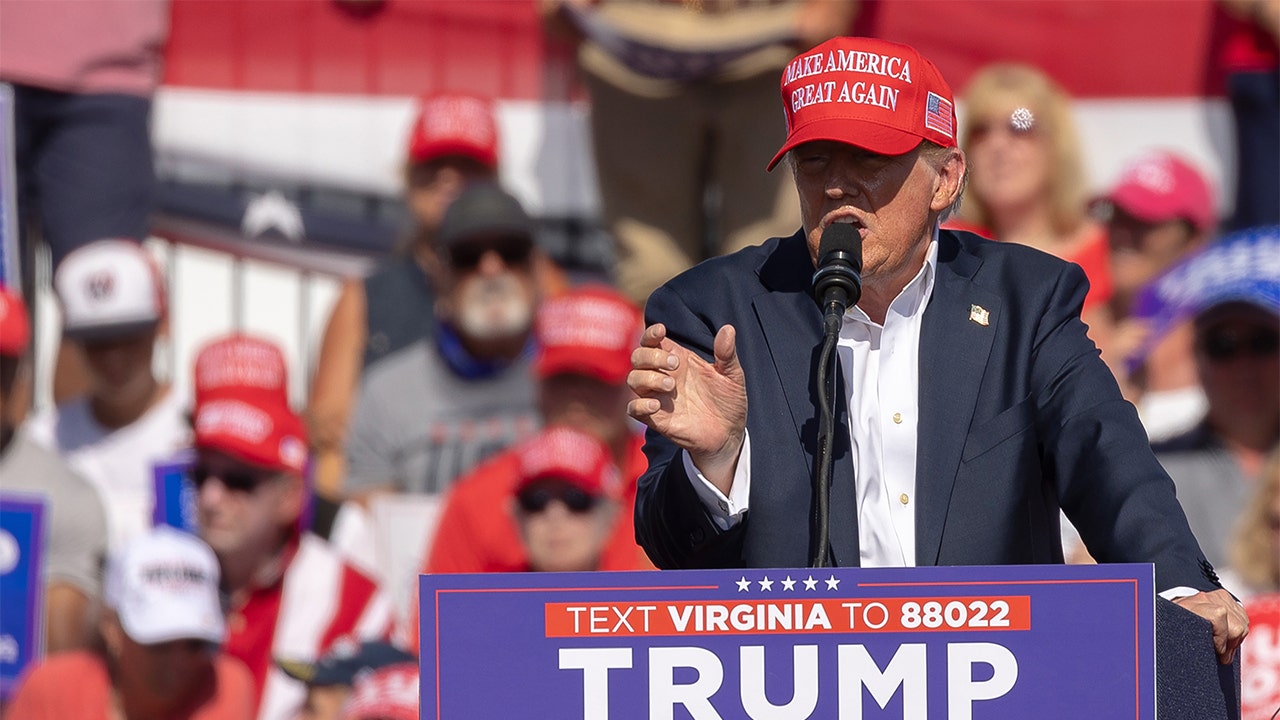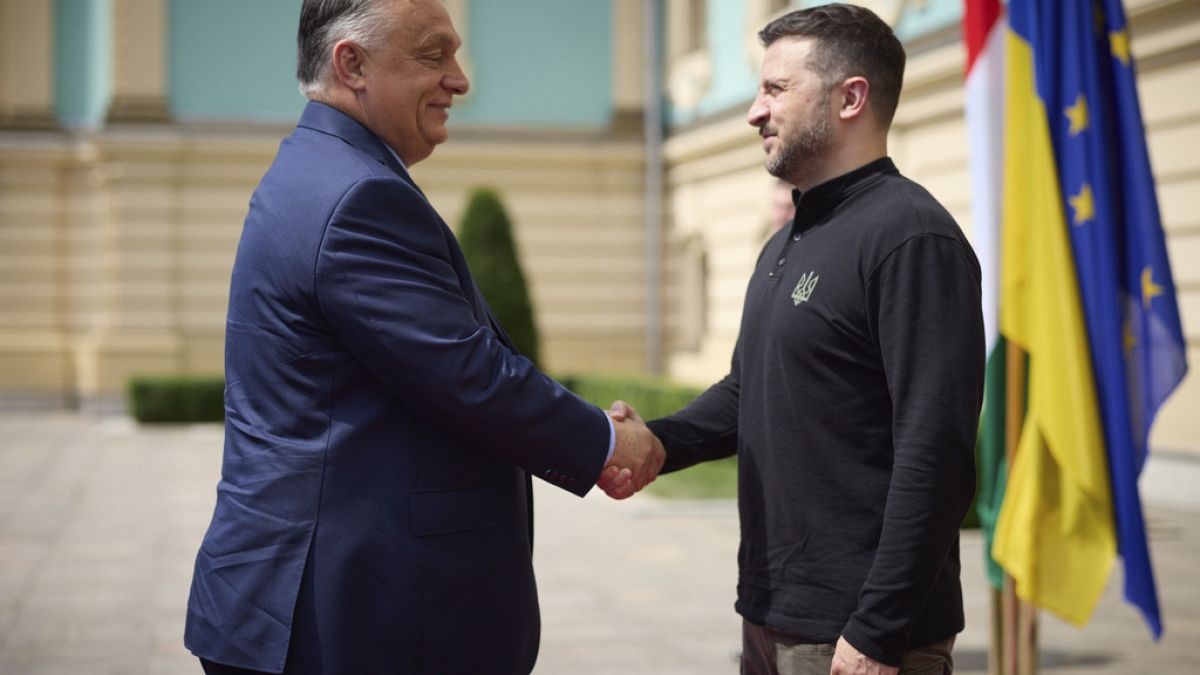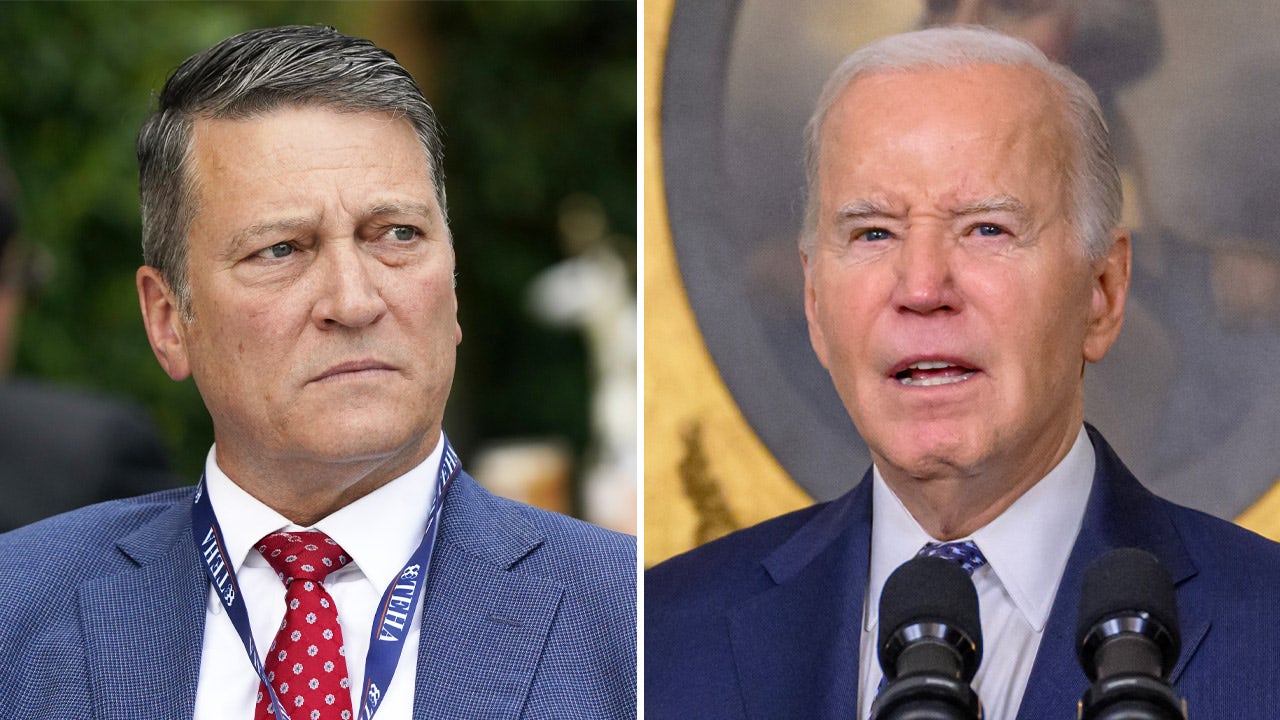Screenwriter Robert Towne poses at The Regency Hotel in New York on March 7, 2006.
Jim Cooper/AP
hide caption
toggle caption
Jim Cooper/AP
NEW YORK — Robert Towne, the Oscar-winning screenplay writer of Shampoo, The Last Detail and other films, whose script for Chinatown became a model of the art form and helped define the jaded allure of his native Los Angeles, has died. He was 89.
Towne died Monday surrounded by family at his home in Los Angeles, said publicist Carri McClure. She declined to comment on any cause of death.
In an industry which gave birth to rueful jokes about the writer’s status, Towne for a time held prestige comparable to the actors and directors he worked with. Through his friendships with two of the biggest stars of the 1960s and ’70s, Warren Beatty and Jack Nicholson, he wrote or co-wrote some of the signature films of an era when artists held an unusual level of creative control.
The rare “auteur” among screen writers, Towne managed to bring a highly personal and influential vision of Los Angeles onto the screen.
“It’s a city that’s so illusory,” Towne told The Associated Press in a 2006 interview. “It’s the westernmost west of America. It’s a sort of place of last resort. It’s a place where, in a word, people go to make their dreams come true. And they’re forever disappointed.”
Recognizable around Hollywood for his high forehead and full beard, Towne won an Academy Award for Chinatown and was nominated three other times, for The Last Detail, Shampoo and Greystoke. In 1997, he received a lifetime achievement award from the Writers Guild of America.
“His life, like the characters he created, was incisive, iconoclastic and entirely (original),” said Shampoo actor Lee Grant on X.
Towne’s success came after a long stretch of working in television, including The Man from U.N.C.L.E and The Lloyd Bridges Show, and on low-budget movies for “B” producer Roger Corman. In a classic show business story, he owed his breakthrough in part to his psychiatrist, through whom he met Beatty, a fellow patient. As Beatty worked on Bonnie and Clyde, he brought in Towne for revisions of the Robert Benton-David Newman script and had him on the set while the movie was filmed in Texas.
Towne’s contributions were uncredited for Bonnie and Clyde, the landmark crime film released in 1967, and for years he was a favorite ghost writer. He helped out on The Godfather, The Parallax View and Heaven Can Wait among others, and referred to himself as a “relief pitcher who could come in for an inning, not pitch the whole game.”
But Towne was credited by name for Nicholson’s macho The Last Detail and Beatty’s sex comedy Shampoo and was immortalized by Chinatown, the 1974 thriller set during the Great Depression.
Chinatown was directed by Roman Polanski and starred Nicholson as J.J. “Jake” Gittes, a private detective asked to follow the husband of Evelyn Mulwray (played by Faye Dunaway). The husband is chief engineer of the Los Angeles Department of Water and Power and Gittes finds himself caught in a chaotic spiral of corruption and violence, embodied by Evelyn’s ruthless father, Noah Cross (John Huston).
Influenced by the fiction of Raymond Chandler, Towne resurrected the menace and mood of a classic Los Angeles film noir, but cast Gittes’ labyrinthine odyssey across a grander and more insidious portrait of Southern California. Clues accumulate into a timeless detective tale, and lead helplessly to tragedy, summed up by the one of the most repeated lines in movie history, words of grim fatalism a devastated Gittes receives from his partner Lawrence Walsh (Joe Mantell): “Forget it, Jake, it’s Chinatown.”
Towne’s script has been a staple of film writing classes ever since, although it also serves as a lesson in how movies often get made and in the risks of crediting any film to a single viewpoint. He would acknowledge working closely with Polanski as they revised and tightened the story and arguing fiercely with the director over the film’s despairing ending — an ending Polanski pushed for and Towne later agreed was the right choice. (No one has officially been credited for writing “Forget it, Jake, it’s Chinatown”).
But the concept began with Towne, who had turned down the chance to adapt The Great Gatsby for the screen so he could work on Chinatown, partly inspired by a book published in 1946, Carey McWilliams’ Southern California: An Island on the Land.
“In it was a chapter called ‘Water, water, water,’ which was a revelation to me. And I thought, ‘Why not do a picture about a crime that’s right out in front of everybody?,’ ” he told The Hollywood Reporter in 2009.
“Instead of a jewel-encrusted falcon, make it something as prevalent as water faucets, and make a conspiracy out of that. And after reading about what they were doing, dumping water and starving the farmers out of their land, I realized the visual and dramatic possibilities were enormous.”
The back story of Chinatown has itself become a kind of detective story, explored in producer Robert Evans’ memoir, The Kid Stays in the Picture; in Peter Biskind’s East Riders, Raging Bulls, a history of 1960s-1970s Hollywood, and in Sam Wasson’s The Big Goodbye, dedicated entirely to Chinatown. In The Big Goodbye, published in 2020, Wasson alleged that Towne was helped extensively by a ghost writer — former college roommate Edward Taylor. According to The Big Goodbye, for which Towne declined to be interviewed, Taylor did not ask for credit on the film because his “friendship with Robert” mattered more.
Wasson also wrote that the movie’s famous closing line originated with a vice cop who had told Towne that crimes in Chinatown were seldom prosecuted.
“Robert Towne once said that Chinatown is a state of mind,” Wasson wrote. “Not just a place on the map in Los Angeles, but a condition of total awareness almost indistinguishable from blindness. Dreaming you’re in paradise and waking up in the dark — that’s Chinatown. Thinking you’ve got it figured out and realizing you’re dead — that’s Chinatown.”
The studios assumed more power after the mid-1970s and Towne’s standing declined. His own efforts at directing, including Personal Best and Tequila Sunrise, had mixed results. The Two Jakes, the long-awaited sequel to Chinatown, was a commercial and critical disappointment when released in 1990 and led to a temporary estrangement between Towne and Nicholson.
Towne’s greatest regret, he said in the 2006 AP interview, was how Greystoke turned out. Towne wrote the adaptation of Edgar Rice Burroughs’ novel Tarzan of the Apes and wanted to direct it. But production troubles on Personal Best bled into his hopes for Greystoke. Hugh Hudson, instead, directed the 1984 film. And while Greystoke received three Oscar nominations, including for Towne’s script, he was unhappy with the result. Towne took the name of his dog, P.H. Vazak, for his screenwriting credit, making Vazak an unlikely Oscar nominee.
Around the same time, he agreed to work on a movie far removed from the art-house aspirations of the ’70s, the Don Simpson-Jerry Bruckheimer production Days of Thunder, starring Tom Cruise as a race car driver and Robert Duvall as his crew chief. The 1990 movie was famously over budget and mostly panned, although its admirers include Quentin Tarantino and countless racing fans. And Towne’s script popularized an expression used by Duvall after Cruise complains another car slammed him: “He didn’t slam into you, he didn’t bump you, he didn’t nudge you. He rubbed you.
“And rubbin,’ son, is racin.’”
Towne later worked with Cruise on The Firm and the first two Mission: Impossible movies. His most recent film was Ask the Dust, a Los Angeles story he wrote and directed that came out in 2006. Towne was married twice, the second time to Luisa Gaule, and had two children. His brother, Roger Towne, also wrote screenplays, his credits including The Natural.
Towne was born Robert Bertram Schwartz in Los Angeles and moved to San Pedro after his father’s business, a dress shop, closed down because of the Great Depression. (His father changed the family name to Towne). He had always loved to write and was inspired to work in movies by the proximity of the Warner Bros. Theater and from reading the critic James Agee. For a time, Towne worked on a tuna boat and would speak often of its impact.
“I’ve identified fishing with writing in my mind to the extent that each script is like a trip that you’re taking — and you are fishing,” he told the Writers Guild Association in 2013. “Sometimes they both involve an act of faith. … Sometimes it’s sheer faith alone that sustains you, because you think, ‘God damn it, nothing — not a bite today. Nothing is happening.’ “
































